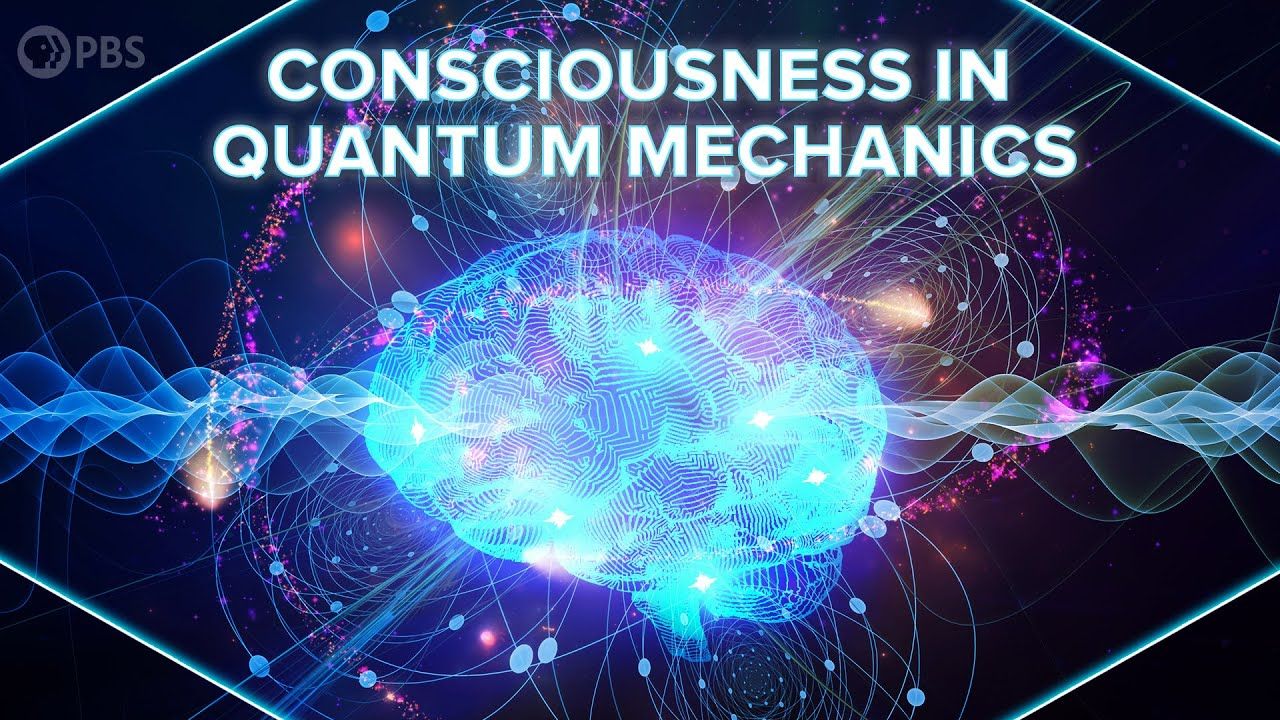Quantum Entanglement and Conscious Experience

Quantum entanglement refers to the phenomenon where two or more particles become linked, even when separated by large distances. Measurements on one particle instantly affect the behavior of the other. This nonlocal connection has implications for our understanding of reality, including conscious experience.

The Multiplicity of Conscious Experience

Consciousness is a multifaceted phenomenon with subjective and objective aspects. It involves a sense of self, awareness of the external world, and the ability to have thoughts, feelings, and emotions. The multiplicity of conscious experience refers to the idea that there may be multiple levels or dimensions of consciousness, each with its own unique characteristics.
Quantum Entanglement and the Multiplicity of Consciousness
Some researchers propose that quantum entanglement may provide a mechanism for the multiplicity of conscious experience. Here are two main theories:
1. Orch-OR Theory:
Orchestrated Objective Reduction (Orch-OR) theory suggests that consciousness arises from quantum events that occur within microtubules in brain cells. Entanglement between these microtubules allows for the formation of coherent networks that give rise to conscious experience. The theory proposes that different entanglements produce different states of consciousness, such as wakefulness, sleep, and altered states of awareness.
2. Quantum Consciousness Theory:
Quantum consciousness theory suggests that consciousness itself is a quantum phenomenon. It proposes that the brain acts as a quantum computer, and that entanglement between neurons allows for the creation of superpositioned states. These states represent multiple possibilities of consciousness that can collapse into a single experience when observed.
Implications for the Study of Consciousness
If quantum entanglement does play a role in conscious experience, it could have significant implications for the study of consciousness:
- Subjectivity and Objectivity: Quantum entanglement could offer a way to reconcile the subjective and objective aspects of consciousness. Entangled particles are both independent entities and part of a larger system. Similarly, consciousness could be both an individual experience and part of a larger quantum field.
- Multiple Levels of Consciousness: Quantum entanglement could support the idea that there are multiple levels or dimensions of consciousness. Different entanglements or superpositioned states could produce different states of awareness.
- Nonlocal Nature of Consciousness: Entanglement suggests that consciousness may not be confined to the brain. If consciousness is associated with entangled states, it could potentially extend beyond the physical body.
Conclusion
The connection between quantum entanglement and conscious experience remains an open area of research. While it is too early to say definitively whether entanglement plays a role in consciousness, the theories and evidence discussed here suggest intriguing possibilities. Quantum entanglement could provide a potential mechanism for the multiplicity of conscious experience, offering insights into the fundamental nature of our minds.


